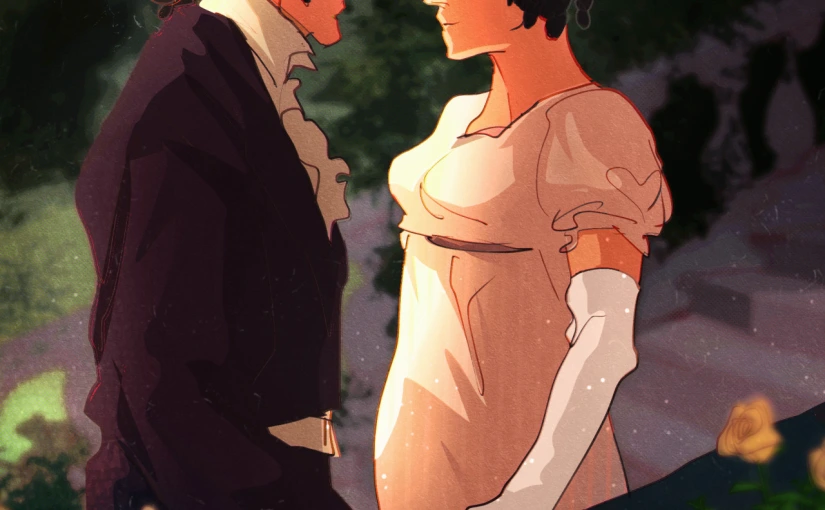1984 is a dystopian novel written in 1949 by English novelist George Orwell. The book is set in the fictional state of Oceania and follows the story of Winston Smith, an everyday man who’s day-job is to doctor historical documents to keep up with the changing ethos of the totalitarian ruling Party. Orwell portrays Winston’s character as an everyday man working an ordinary job, at least by the standards of Oceania. Moreover, through Winston, readers learn the suffering that the totalitarian government has imposed on its people. George Orwell once described a hero as an ordinary person doing whatever they can to change social systems that do not respect human decency, even knowing that they cannot possibly succeed. Could Winston Smith be a hero? Read on…
(For assistance with such assignments, email me at zackodhis21@gmail.com).
Why Winston is a hero according to Orwell’s Definition.
Winston is an ordinary person flawed with personality and physical shortcomings not associated with the classic hero; he loves to write, drink, smoke, and maybe out of the smoking, he has terrible coughing fits each morning. Winston also has an itchy, swollen ulcer at the back of his leg. When Winston rebels, he develops an intense sense of fatalism. He is over-paranoid about the Party and believes that the Party will eventually catch him. Moreover, true to his fears, the Party was watching all along. Winston holds on to a dream of freedom and independence from a totalitarian system, and this everyday person who is somewhat cowardly ends up fighting for what he believes in, fully aware of the consequences of his action. Orwell mentions in his book that “in the face of pain, there are no heroes.” Although Winston is tortured to the point that he denounces Julia and cries for his love for Big Brother, this man of ordinary stature was facing a daunting task he possibly could not succeed in and is still a hero in Orwell’s definition of the term.
Winston is a hero that readers can emulate.
Totalitarian systems use propaganda, intimidation, and fear to demand conformity. History is doctored, the truth is altered, and dissent is severely punished that, with time, people begin to believe the lie that the government wants them to believe. Winston lives in such a system. He is a lonely and observant intellect interested in the truth. His work of re-writing and distorting history makes him see the bigger picture, and he grows to resent the Party’s oppression. According to the novel, “He felt as though he were wandering in the forest of the sea bottom, lost in mosterous world where he himself was the monster…What certainty had he that a single human creature now living was on his side? And what way of knowing that the dominion of the Party would not endure forever?” (Orwell, 1990. p47). To escape the tyranny of the government, at least in his mind, Winston portrays an attitude to do what is right and shows bravery by rebelling against Oceanian law, fully aware that Big Brother could be watching and that such actions are punishable by death.
Winston is an everyday man anyone can relate to; however, he does not just sit and allow his mind to be imprisoned. He does whatever he can to achieve freedom and independence. His rebellious tendencies against what he knows to be wrong are the first indicators of his heroism. Moreover, he has an unwavering attitude to keep rebelling until the very end. He starts by rebelling against the Party’s unfair laws. He occasionally prowls the street looking for items from the past that he can buy, which is where he obtains his diary. However, buying such items is against the Party laws. “Party members were not supposed to go into ordinary shops. (Orwell, 1990. p6). Winston even rebels during the Two-Minutes Hate period when citizens of Oceania are supposed to conform to propaganda. According to the book, “there was a space of a couple of seconds during which the expression of his eyes might have conceivable betrayed him.” (Orwell, 1990. p16).
Why some might not consider Winston Smith a hero
Historically heroes are admired for their great courage and outstanding achievements. Moreover, heroes are known to face adversity and fight for what they believe to the very end, emerging dead or victorious. Winston is captured and tortured, and eventually broken. Winston fails in his search for independence and freedom, which can be attributed to his weak willpower, unorganized planning, and indulgent nature. Heroes boast of outstanding achievements, but Winston has none. In the end, he only suffers and ends up exactly as the Party wanted him. His sense of freedom is taken away, and the Party manages to turn him into a subservient unquestioning loyal citizen. He even renounces Julia, whom he earlier believed to be the love of his life. Nevertheless, Winston achieves nothing and ends up worse than he started, which hints that he might not be the hero everyone wants him to be.
However, Orwell defines a hero by their actions and not the outcome. Winston is an ordinary man who takes action to free himself from tyranny and even makes an effort to try and fight for the freedom of others. Hence, by Orwell’s definition, this is what should define Winston as a hero. Even when undergoing torture, Orwell writes, “Winston knew that he was on the wrong, but he preferred being on the wrong,”(Orwell, 1990, p50). This shows his unwavering attitude to continue fighting for freedom in the face of adversity. Heroes do not have to be perfect; they are everyday flawed men and women. Although Winston is eventually broken, he is still a hero because he stood up for all oppressed citizens of Oceania and knew deep inside that he could not succeed and might even have ended up dead.
Final take…Winston Smith is an absolute hero
In conclusion, Orwell defines a hero as someone ordinary doing whatever they can to change social systems that do not respect human decency, even with the knowledge that they cannot succeed. No one could be more ordinary than Winston Smith. He is 39 years old, divorced tobacco addict with a relentless cough and an itchy swollen ulcer at the back of his foot. However, Winston is also a lonely intellect with an unwavering quest to achieve independence and freedom from an omnipresent totalitarian system. Winston takes action to stand for all oppressed citizens of Oceania. Although he fails to achieve this, Orwell’s definition shows that a hero is defined by his action and not the outcome, making Winston an absolute hero.
(For assistance with such assignments, email me at zackodhis21@gmail.com)






